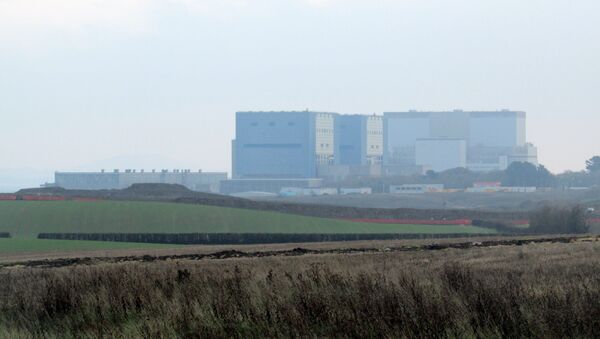The country must set up its own system to safeguard nuclear material, separating those directed for peaceful and military purposes, and it must be operating by the end of the year. It is presumed that it will run in parallel with the European system before being capable of independent operation in March 2019.
READ MORE: Take Two: Another UK Gov't White Paper Promises Precise Brexit Explanations
UK's Office for Nuclear Regulation (ONR) identified five crucial risks needed to be addressed urgently, including new IT system, recruitment and training difficulties, as well as problems during move of technological equipment from European Atomic Energy Community (Euratom) and uncertainties about funding of the new UK nuclear watchdog, the broadcaster reported, citing leaked documents.
If UK-EU talks finish with a no-deal and IT systems are not ready, the country's trade of nuclear material, parts and expertise will lack a legal basis, and nuclear power plants may shut down, it added.
The United Kingdom currently has seven nuclear power plants with 15 operational reactors that generate about a quarter of country's electricity.
READ MORE: Independent MEP Explains What Would Happen If Brexit Isn't Delivered On Time
On June 23, 2016, the United Kingdom voted in a referendum to leave the European Union. Last March, May officially invoked Article 50 of the Lisbon Treaty, launching the process of the country's withdrawal from the bloc. Brexit negotiations between London and the European Union started in June and are due to be completed by the end of March 2019.



